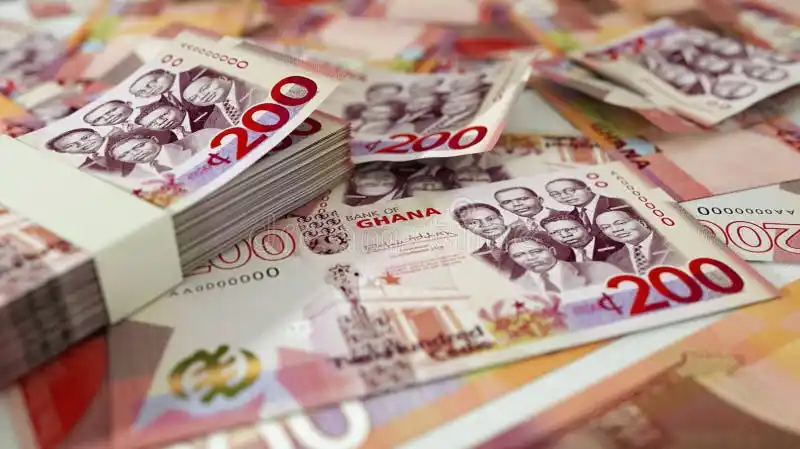30 Christians Detained in China Amid Fears of Escalating Religious Crackdown

China Arrests 30 Christians in Coordinated Crackdown on House Churches
Last Friday, Grace Jin Drexel received a brief but concerning message from her father in China, Pastor Jin Mingri, urging her to pray for a fellow minister who had reportedly gone missing during a trip to Shenzhen.
Shortly after, her mother called to say she could no longer reach Jin. Within hours, the family realized that the well-known pastor — founder of Zion Church — had also been detained. He was among 30 Christians swept up in what appears to be a widespread, coordinated effort by Chinese authorities to suppress independent religious activity.
The arrests, carried out across at least 10 cities including Beijing and Shanghai, have sparked fears of a broader crackdown on underground churches — often called house churches — which operate outside of state-approved religious organizations.
Underground Churches Under Pressure
Despite China’s ruling Communist Party being officially atheist, the country has a large Christian population. Official figures cite around 38 million Protestants and six million Catholics. However, these numbers only reflect churches registered with government-backed religious bodies.
Millions more worship in unregistered churches that do not align with state ideology. These house churches have long operated in a legal grey area and are frequently subject to harassment, surveillance, and closure.
Over the past two decades, Chinese authorities have increased restrictions on religious expression. Church buildings have been demolished, crosses removed from rooftops, and religious apps banned. Regulations introduced in 2018 required government approval for public worship, effectively driving many churches underground or online. A new policy enacted in 2025 further tightened restrictions, limiting online sermons to licensed, state-approved religious personnel.
From Student Protester to Pastor
Pastor Jin Mingri’s story is emblematic of many believers who have chosen to operate outside the state-controlled religious system.
Born in 1969 during the Cultural Revolution, Jin grew up loyal to the Chinese state. That loyalty was shaken in 1989, when, as a student at Beijing University, he became involved in the pro-democracy movement. Though he wasn’t at Tiananmen Square during the massacre, the events deeply impacted him, leading him to Christianity.
He later moved to the United States to study theology and returned to China in 2007 to found Zion Church in Beijing. What began as a small house church quickly grew in influence, eventually gathering thousands of followers and forming over 100 branches across 40 cities.
But with growth came government scrutiny. In 2018, authorities demanded the installation of surveillance cameras inside the church’s meeting hall. When the church refused, it was shut down, and Jin was placed under surveillance. He was barred from leaving the country, though his family was able to return to the US.
A Systematic Crackdown
The recent arrests appear to be part of a larger campaign targeting independent Christian networks.
In recent months, multiple pastors and church members from other house churches have faced charges ranging from fraud to promoting “superstitious activities.” Religious freedom advocates argue these charges are often used as a cover to silence dissenting religious voices.
Pastor Jin is currently held at a detention center in Guangxi province. He has reportedly been accused of the “illegal use of information networks” — a charge that may relate to Zion Church’s use of digital platforms for worship and communication.
While some of the 30 arrested Christians have been released, most remain in custody. Religious freedom groups warn that this coordinated operation may be just the beginning.
“Killing the Chicken to Scare the Monkeys”
Observers note that Zion Church’s prominence may have made it a particular target. With its wide influence, digital reach, and strong leadership, the church represented a level of organization that authorities likely viewed as threatening.
One Zion pastor, now living abroad, described the arrests as a calculated effort to send a message: “They are trying to uproot us. This is a clear warning to others.”
He referenced a Chinese idiom — “killing the chicken to scare the monkeys” — suggesting that by targeting Zion, the government hopes to intimidate other underground churches into silence or compliance.
“Persecution Cannot Destroy the Church”
Despite the uncertainty surrounding the fate of Pastor Jin and others, Zion’s leadership remains defiant.
They believe that efforts to suppress the movement will ultimately fail. “Persecution cannot destroy the church,” one church leader said. “Throughout history, repression has often led to revival.”
With over 10,000 members and a decentralized model of worship, Zion Church’s message of faith continues to spread — even as its leaders face the growing weight of state control.



